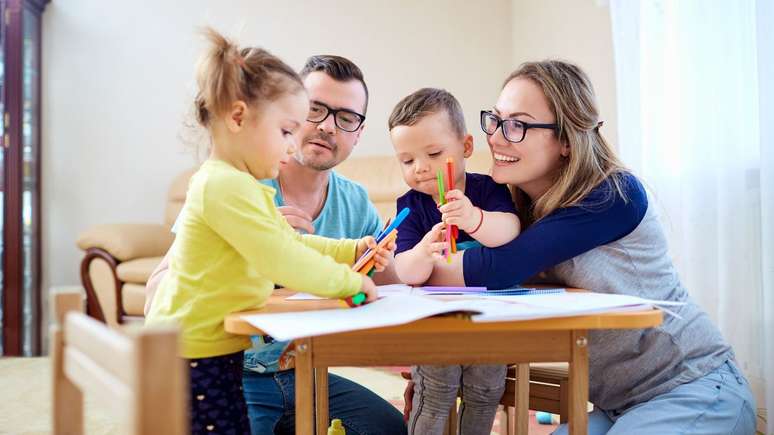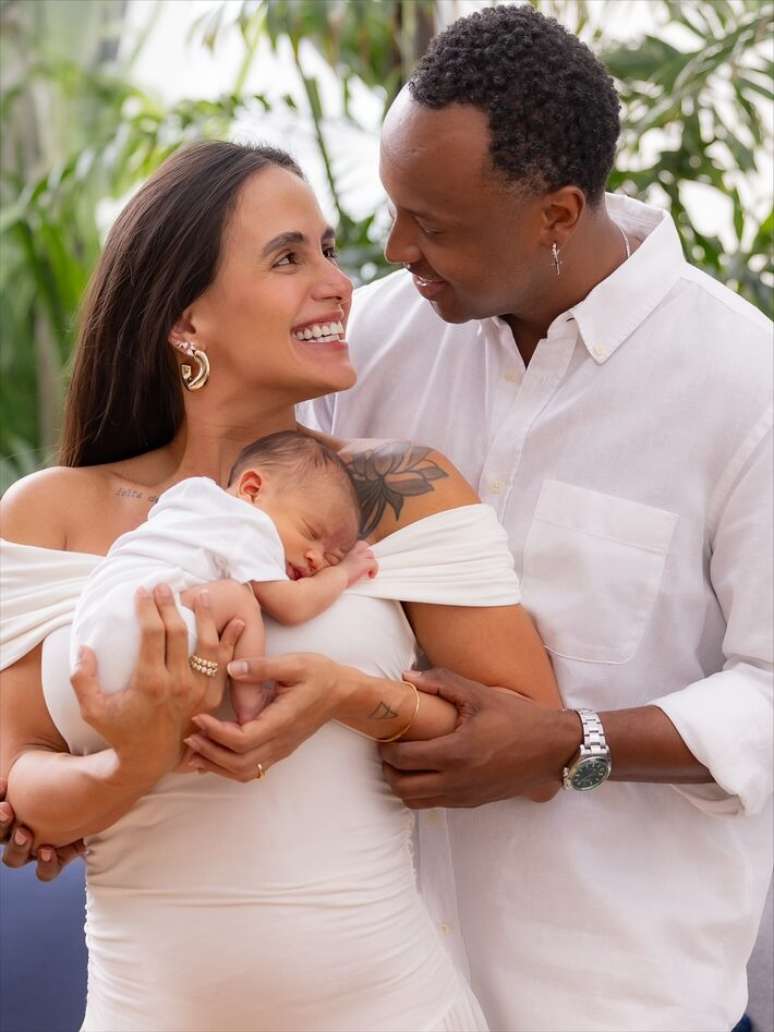Independence from an early age, a balanced routine and open dialogue form the basis of an education that favors well-being and mutual trust
It is no coincidence that, year after year, the children of Netherlands appear among the happiest in the world. International research shows that this well-being is not the result of luck, but of a way of educating that balances freedom, structure and emotional connection. Far from rigid formulas, the Dutch way of raising children favors autonomy, security and family lightness, a model that has inspired families in several countries.
Autonomy from an early age
In the Netherlands, trust in children is cultivated from an early age. It is common for children to start riding bicycles on their own at an early age, learning to navigate the streets and make small daily decisions. This encouragement of independence strengthens self-confidence, responsibility and resilience. At the same time, it is accompanied by affectionate supervision, present, but without excessively interfering. The idea is simple: allow children to experience the world and learn from their mistakes in a safe environment.
Wellbeing that starts with parents
Another pillar of Dutch culture is work-life balance. Many parents choose reduced working hours to be able to dedicate more time to their family. There is also a custom called “Papadag“, which literally means “Father’s Day with his children”. On this day the emphasis is on being present: playing, talking, cooking together. Furthermore, family meals are a precious tradition. Being at the table every day, without rushing, creates strong bonds and strengthens the self-esteem of children, who feel listened to and welcomed.
Structure that brings safety
Dutch education also values routine and predictability. The motto “Rust, Reinheid, Regelmaat” – which translates as “rest, cleanliness and regularity” – sums up the philosophy of creating a calm and organized environment. Consistent bedtimes, moments of rest, and small daily traditions provide emotional stability, which is essential for your child’s development. Basically, this teaches children that balance and self-care are just as important as learning or playing.
Dialogue instead of imposition
The relationship between parents and children is characterized by open communication and mutual respect. Adults recognize the particularities of each child – their strengths, weaknesses and rhythms – and prefer to talk rather than impose. This constant exchange builds trust and empathy, transforming authority into partnership. The result? Children who feel valued and parents who create healthier and lasting bonds.
While in many countries childhood is dominated by pressure to achieve, the Dutch value well-being above school grades. The focus is on personal growth, friendships and the pleasure of learning, not just on achieving good averages. This mentality creates safer, lighter and more emotionally balanced children, prepared to face the future without losing the joy of living.
So-called Dutch parenting shows that raising happy children is possible when there is autonomy with affection, routine with lightness and dialogue with respect. More than a method, it is a lifestyle that puts the well-being of the family at the centre, and teaches that children’s happiness arises, above all, from love and genuine presence.
Source: Terra
Ben Stock is a lifestyle journalist and author at Gossipify. He writes about topics such as health, wellness, travel, food and home decor. He provides practical advice and inspiration to improve well-being, keeps readers up to date with latest lifestyle news and trends, known for his engaging writing style, in-depth analysis and unique perspectives.








